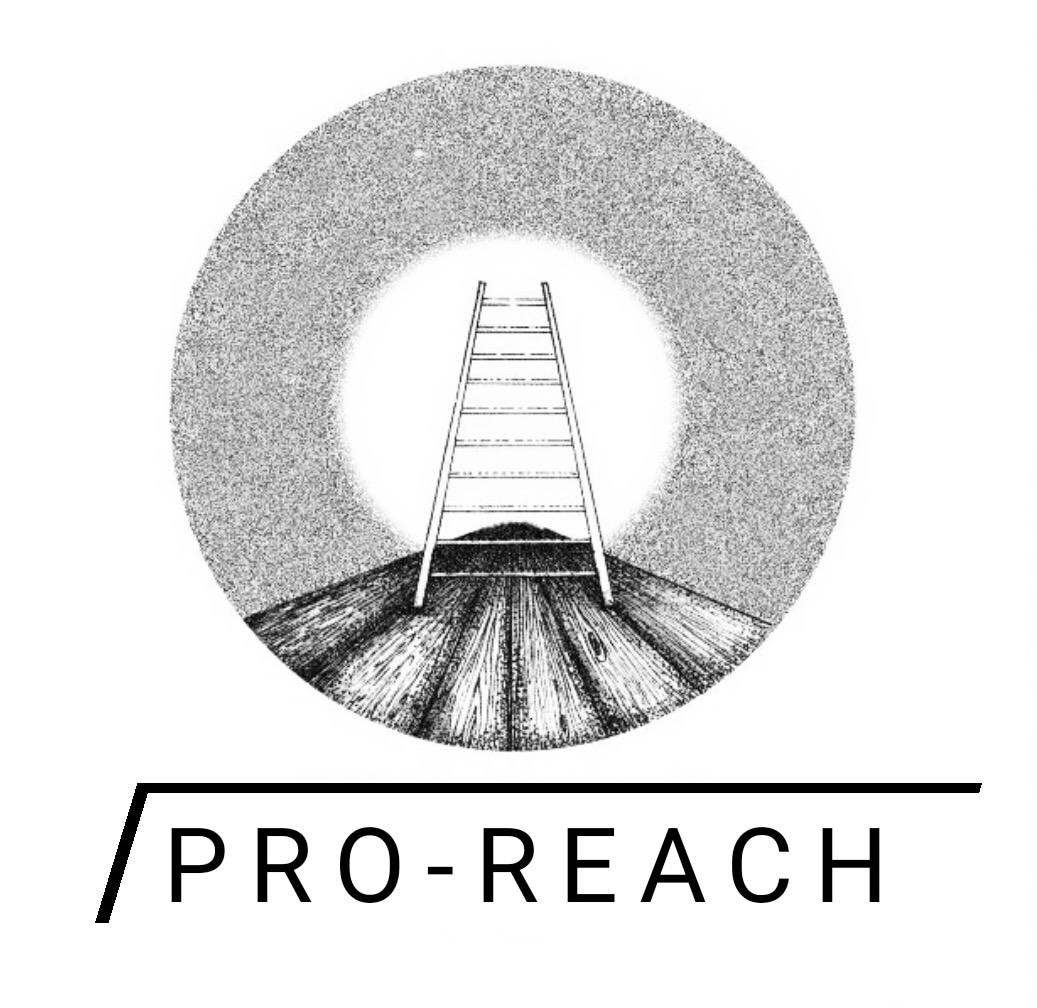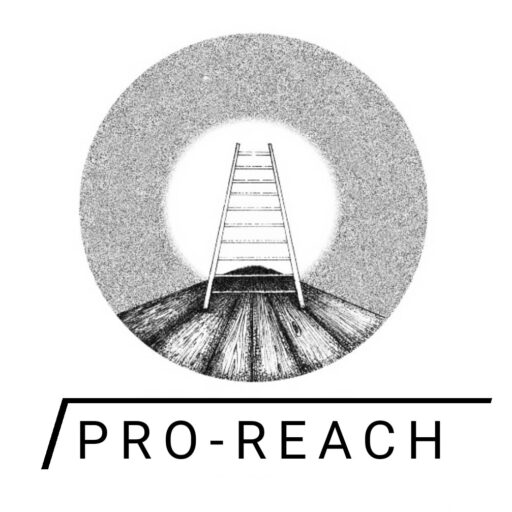
In the journey of living a fulfilling life and building a successful career, personal values play a pivotal role. Personal values are the foundation of self-knowledge, guiding our choices, actions, and interactions with others. They define who we are, influence our beliefs, and impact our well-being, engagement, and productivity. Understanding and aligning with our values is a crucial aspect of both personal and professional development. Personal values shape our lives, careers, career choices, and relationships.
Values are the foundation of our ethical framework and are deeply embedded in our conscience. They act as guiding lights, helping individuals make choices that align with their principles and beliefs. When people live in accordance with their values, they experience a sense of purpose, fulfillment, and integrity. Each person carries a unique set of values, shaped by various factors such as upbringing, culture, religion, and personal experiences. These values are the cornerstones of one’s identity and character. They define what individuals cherish, prioritize, and strive for in their lives.

The Role of Personal Values
- Foundation of Self-Knowledge: Personal values are the building blocks of self-knowledge. They lead us to delve deep within ourselves, helping us understand what we believe in, why we believe in it, and why we are drawn to certain things or experiences. By answering these questions, we identify and define our personal values.
- Guidance in Decision-Making: Personal values serve as a moral compass, aiding us in making sound decisions. They help us discern what roles, jobs, or relationships align with our core beliefs and what conflicts with them. When our values are at odds with our choices, we may experience frustration and unhappiness.
- Alignment with Personal and Career Goals: Recognizing our values allows us to make choices that resonate with our beliefs. When our values are in harmony with our career and life decisions, we experience greater satisfaction and fulfillment, leading to personal and professional success.
- Respect for Diversity: Embracing personal values enhances our respect for diversity. Values like benevolence and universalism foster tolerance, understanding, and empathy toward others. This respect for diversity is vital for harmonious social relationships.
- The Origin and Development of Personal Values: Personal values are shaped through a variety of influences, with parents being the primary transmitters. Early in life, parents impart their values through parenting. However, as individuals grow, they are exposed to external factors such as schooling and peer groups, which may lead to the acceptance, rejection, or adaptation of these values. Thus, our values can be either influenced by our surroundings or diverged from them as we develop.

The Influence of Values on Career Choices:
Career choices are significantly influenced by personal values. Understanding your values is crucial in determining whether a specific career aligns with your beliefs. Organizations that emphasize values-based leadership encourage employees to embrace moral values like justice and equality. When a career aligns with one’s values, it leads to job satisfaction and a higher level of engagement. Organizations that uphold their values tend to be more transparent and ethical, leading to increased customer trust and satisfaction.

Benefits of Knowing and Living by Personal Values:
- Self-Awareness: Understanding your values leads to greater self-awareness. You become more in tune with your needs, habits, emotions, personality, strengths, and weaknesses.
- Goal Setting: Personal values serve as a foundation for goal setting. Once you understand your values, you can set meaningful, authentic goals and map out the steps to achieve them.
- Reinvention: Values provide an opportunity for personal reinvention. By tapping into your principles and beliefs, you can aim for a better life and become a better version of yourself.
- Decision-Making: Knowing your values simplifies decision-making. It allows you to make choices that are in alignment with your beliefs, ensuring that your actions are congruent with your core principles.
Personal values are the cornerstone of self-knowledge, ethical decision-making, and fulfilling life choices. They impact our career paths, relationships, and overall well-being. While personal values are often instilled by parents, they can evolve over time through exposure to different influences. Understanding and living by your values leads to self-awareness, goal setting, personal reinvention, and effective decision-making. Personal values also influence career choices and have a profound impact on organizations. In a world that is diverse and dynamic, embracing personal values enhances our respect for others, making it crucial for harmonious coexistence and the pursuit of collective well-being. In summary, personal values are the compass that guides us toward a life of authenticity, fulfillment, and success.
In human development, individuals need to know their values to make sound decisions, such as choosing roles, jobs, or relationships that align with their personal values. For instance, taking a role in organizations that carry out animal testing when an individual vehemently disagrees with such practices can lead to frustration and unhappiness. If one’s values conflict with those of others or with broader societal values, it can create difficulties. However, living in alignment with one’s values allows for a life of integrity. In some cases, individuals may work towards changing societal values that conflict with their own beliefs, such as advocating against practices like animal testing, which many organizations have continued due to the attention paid to animal testing by the education sector.
Here are some exercises to help you explore and define your personal values:
- Reflection Journaling:
- Set aside dedicated time to reflect on your life experiences, both positive and negative.
- Write about moments when you felt most fulfilled, proud, or happy. Also, jot down times when you felt conflicted or dissatisfied.
- Analyze these experiences and try to identify the underlying values that were important to you during those moments.
- Values Assessment Worksheets:
- Look for values assessment worksheets or lists online. These typically include a comprehensive list of values.
- Review the list and mark the values that resonate with you. Narrow down your choices to the most essential ones.
- Conversations with Trusted Friends or Mentors:
- Discuss your life experiences and aspirations with friends, family, or mentors.
- Ask for their insights into what values they perceive as important to you. Sometimes, an outside perspective can provide valuable insights.
- Prioritization Exercise:
- Once you have a list of potential values, prioritize them. Consider what is most important to you.
- Imagine scenarios where you might need to make difficult decisions and think about which values would guide those decisions.
- Visual Representation:
- Create a visual representation of your values. This could be a mind map, a vision board, or any other artistic form that helps you see the relationships between different values.
In conclusion, the journey of discovering and embracing personal values is an essential aspect of self-discovery and conscious living. Through introspective exercises, thoughtful reflection, and open conversations, individuals can uncover the guiding principles that shape their choices and actions. Recognizing the dynamic nature of personal values allows for continual growth and adaptation as life unfolds. By acknowledging and living in alignment with one’s values, individuals not only foster a sense of integrity and authenticity but also pave the way for a more fulfilling and purposeful existence.

